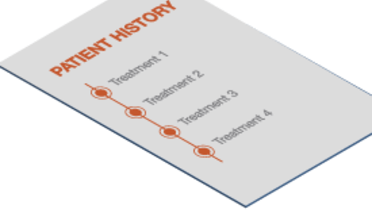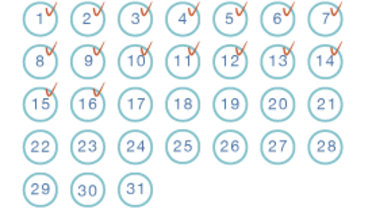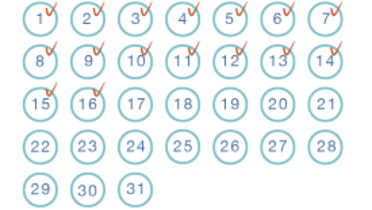-
0
Patient Assessment
- 0.1 Patient demand
- 0.2 Overarching considerations
- 0.3 Local history
- 0.4 Anatomical location
- 0.5 General patient history
-
0.6
Risk assessment & special high risk categories
- 5.1 Risk assessment & special high risk categories
- 5.2 age
- 5.3 Compliance
- 5.4 Smoking
- 5.5 Drug abuse
- 5.6 Recreational drugs and alcohol abuse
- 5.7 Parafunctions
- 5.8 Diabetes
- 5.9 Osteoporosis
- 5.10 Coagulation disorders and anticoagulant therapy
- 5.11 Steroids
- 5.12 Bisphosphonates
- 5.13 BRONJ / ARONJ
- 5.14 Radiotherapy
- 5.15 Risk factors
-
1
Diagnostics
-
1.1
Clinical Assessment
- 0.1 Lip line
- 0.2 Mouth opening
- 0.3 Vertical dimension
- 0.4 Maxillo-mandibular relationship
- 0.5 TMD
- 0.6 Existing prosthesis
- 0.7 Muco-gingival junction
- 0.8 Hyposalivation and Xerostomia
- 1.2 Clinical findings
-
1.3
Clinical diagnostic assessments
- 2.1 Microbiology
- 2.2 Salivary output
-
1.4
Diagnostic imaging
- 3.1 Imaging overview
- 3.2 Intraoral radiographs
- 3.3 Panoramic
- 3.4 CBCT
- 3.5 CT
- 1.5 Diagnostic prosthodontic guides
-
1.1
Clinical Assessment
-
2
Treatment Options
- 2.1 Mucosally-supported
-
2.2
Implant-retained/supported, general
- 1.1 Prosthodontic options overview
- 1.2 Number of implants maxilla and mandible
- 1.3 Time to function
- 1.4 Submerged or non-submerged
- 1.5 Soft tissue management
- 1.6 Hard tissue management, mandible
- 1.7 Hard tissue management, maxilla
- 1.8 Need for grafting
- 1.9 Healed vs fresh extraction socket
- 1.10 Digital treatment planning protocols
- 2.3 Implant prosthetics - removable
-
2.4
Implant prosthetics - fixed
- 2.5 Comprehensive treatment concepts
-
3
Treatment Procedures
-
3.1
Surgical
-
3.2
Removable prosthetics
-
3.3
Fixed prosthetics
-
3.1
Surgical
- 4 Aftercare
患者依从性/回访
Key points
- 就确保长期治疗成功而言,患者依从性与其他任何影响因素具有同样的重要性
- 了解患者的生活方式和家居文化对于实现有效的规范依从很重要
- 旨在提高患者依从性的标准化教育方案应成为治疗计划和治疗后护理的一部分
患者依从性注意事项
患者依从性是促进口腔修复取得长期成功的关键因素。临床医师/牙科医生应积极关注患者依从性问题。医生可能会将不依从指示的患者视为造成问题的根源。实际上,需要考虑四个关键问题。
患者环境
首先,必须理解患者的文化和生活方式。努力改变与患者社会环境不一致的行为是不太可能成功的。考虑采用不同的行为技术来改变患者的态度并提高患者依从性则可起到一定作用。比较有效的做法是设定较小的目标,争取循序渐进而不是立即实现全面的改变。
将维护和依从性融入治疗计划
其次,治疗团队的每个成员都应将口腔卫生指导和修复体维护教育视为优先事项。通过将此类活动正式融入治疗计划和维护阶段,并在定期回访时投入足够的时间和精力,可加强患者的相关意识。通过这种方式,团队可确保口腔健康、修复体使用寿命和患者满意度。
第三,有证据表明,积极参与治疗方案设计的患者更有可能依从指示。医生家长式的做法将导致患者依从性较差。
第四,通过医生与患者之间的关系可以明确预测随后的依从性。
患者性格
患者性格是患者依从性的重要预测指标。具有较高接受度、较为顺从的患者更容易依从指示,也愿意采取医生要求他们采取的行动。但无动于衷/模棱两可的患者会表现出中等程度的依从性,持怀疑态度的患者则很难依从指示,因为他们根本不相信您尝试教导他们的内容。因此,在患者面谈和治疗方案设计期间确定患者是否持怀疑态度非常重要。



